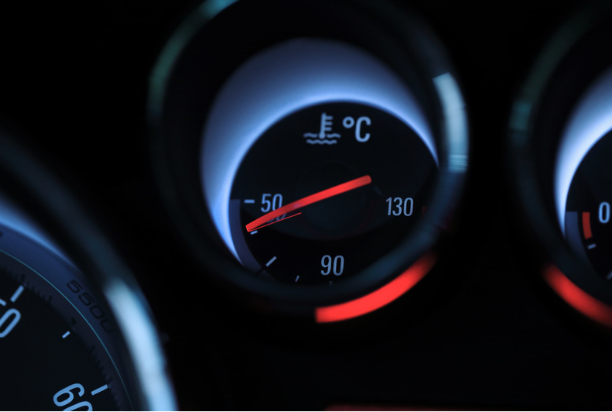
- Temperature
- Temperature gauge
- Overheat
- Spike
- Car
- Vehicle
- Mechanic
- Service
- Repair
- Service expert
In this day and age, car overheating is now considered an outdated concern. However, we can’t deny the fact that cars breaking down in the middle of the road still happens. A lot of car owners experience issues with their car temperature gauges suddenly spiking up.
That’s why when it comes to making sure that your vehicle is well maintained, there is one important thing you must not ignore – your car’s temperature. Keeping close tabs on your car’s temperature can save you from unwanted and costly damage.
If you’re a careful driver or car owner, you should be consistently checking the temperature gauge when driving.
Once you notice that the temperature gauge goes up, you should not panic. What you can do is pull over and find out why the sudden spike on the temperature gauge.
Here are some ways to know why your car temperature gauge goes up so soon and how to go about them.

What’s A Car Temperature Gauge?
The car temperature gauge is what you look at on your dashboard to monitor your vehicle’s temperature. It’s straightforward and will show you if the engine is hot, cold or in the safe zone. Some vehicles have a light indicator for cold and hot temperatures. While others have a digital readout that shows the actual temperature.
Between 195 and 220 degrees is the normal or ideal engine temperature. When the needle points in the center, it means that the engine is functioning normally. Sometimes it’s not in the exact middle spot but the important thing is you know how to check what the normal temperature is for your car.
There would be times that the gauge would go a bit higher than the normal range. It’s not something to be worried about, though,as long as it doesn’t continue to move up while you’re driving.
Reasons And How To Fix Them

Low Coolant Level
The coolant agent is responsible for reducing the heat from your car’s engine; and your car will overheat if it has a low coolant level. This is probably one of the most common reasons why the car temperature gauge suddenly spikes up.
As soon as the coolant reserve gets empty, make sure to refill it right away. Same issue may occur if your coolant reservoir is leaking.

Radiator Fan Failure
The main purpose of the radiator fan is to draw cool air into the radiator while you are driving your car. You will find this under the hood.
If the car gauge temperature suddenly rises, check the radiator fan and the AC unit of your vehicle if they’re working. If not, you need to take your car to a mechanic to have it checked.

Faulty Water Pump
The water pump is considered as one of the most important parts of a car and is sometimes called the heart of the car’s cooling system.
Its main function is to propel the coolant throughout the entire cooling system. If the water pump is faulty, it would lead to improper coolant flow and can spike the car’s temperature.
Some of the reasons why the water pump malfunctions are casting breakage, shaft breakage and seal leakage.
When this happens, it’s best to replace the water pump or call your mechanic.

Head Gasket Failure
Probably the worst condition or cause of increasing temperature gauge in your car is the head gasket failure.
Head gasket plays a very important role for the engine, as it seals the engine block and the cylinder head. It also forms a seal along the combustion chamber, coolant and engine oil pass. It can lead to serious problems with your car if the head gasket is damaged.
There’s no other option to a blow or warped gasket than getting a replacement.

Broken Thermostat
The thermostat reacts to the coolant temperature and expands or contracts relatively.
It is important to note that your thermostat can still become defective even if it did not suffer from any collision or irregular maintenance issues.
If the valve opens and closes too quickly or gets stuck halfway as you drive, the engine will start to overheat. Consequently, the temperature reading will go up.
Once you notice that your thermostat is faulty, the best thing to do is to replace it. It will only take you around 15 minutes to finish the thermostat replacement.

Broken Coolant Temperature Sensor (CTS)
The Coolant Temperature Sensor (CTS) is responsible for sending a signal to the temperature gauge through the on-board control system. If it fails, The gauge can no longer receive any signal. Since it can no longer read the car engine temperature, the temperature gauge tends to move up or down quickly.
You can use an OBD2 scanner to test the health of the CTS. Once you have established that the CTS isn’t working, you need to remove the faulty temperature sensor and replace it with a new one.

Summary
The temperature gauge of your car could go all the way up for different reasons.
The six main reasons are due to low coolant level, faulty radiator fan, faulty water pump, blown/warped head gasket, broken thermostat and broken CTS.
You should always take note of the issues in such situations; and it’s also best to take your vehicle to a trusted car service expert.
Avoid overlooking these issues to prevent any serious problems or permanent damage to your car later.